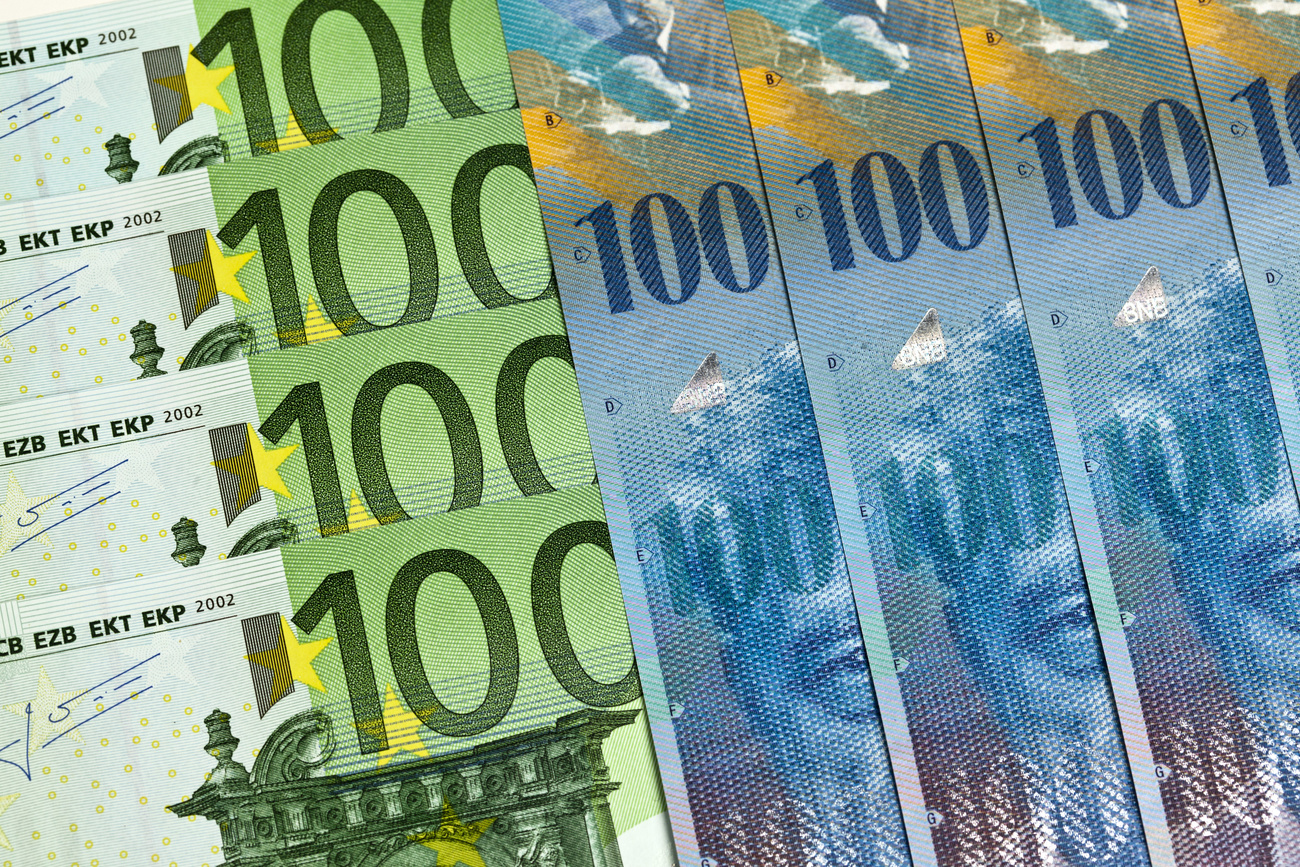
Swiss-German border regions reaffirm stable Swiss-EU relations

Officials from the Swiss cantons of Basel City and Aargau and the German state of Baden-Württemberg have reaffirmed their commitment to stable and sustainable relations between Switzerland and the European Union.
+Get the most important news from Switzerland in your inbox
For Baden-Württemberg, Basel City and Aargau cross-border cooperation has proven to be close and trusting over many years, they declared a joint press release after a meeting in Rheinfelden, canton Aargau, on Friday.
“We form a common living and economic area,” said Dieter Egli, the mayor of Aargau. “That is why future-oriented and stable relations between Switzerland and the EU are crucial for us.”

More
The Swiss-EU bilateral treaty updates, explained
For Baden-Württemberg’s prime minister, Winfried Kretschmann, Switzerland is more than just a neighbour: “We are friends, partners, like-minded people with shared values and goals.”
Good relations are important, especially in times of international uncertainty and the European single market is a “safe harbour”, he added.
The meeting with representatives from the cantons of Aargau and Basel City as well as the German federal state of Baden-Württemberg took place in the run-up to the first presidency meeting of the Franco-German-Swiss Upper Rhine Conference (ORK) in 2025.

More
Swiss-EU economic relations in eight charts
The officials exchanged views shortly before the start of the consultation on the new package solution between Switzerland and the EU.
Conradin Cramer, president of Basel City’s cantonal government and current president of the ORK, announced his intention to raise the topic of Switzerland-EU relations at the upcoming ORK meeting.
“We in the north-west of Switzerland see ourselves as everyday Europeans,” said Cramer, referring to the close ties with the neighbouring federal state of Baden-Württemberg.
However, he also recalled that “the approval of the Swiss population is also necessary for a final agreement”. Until then, perseverance and persuasion would be required.
Translated from German by DeepL/sb
How we work
We select the most relevant news for an international audience and use automatic translation tools such as DeepL to translate them into English. A journalist then reviews the translation for clarity and accuracy before publication. Providing you with automatically translated news gives us the time to write more in-depth articles. The news stories we select have been written and carefully fact-checked by an external editorial team from news agencies such as Bloomberg or Keystone.
Did you find this explanation helpful? Please fill out the short survey below to help us understand your needs.

In compliance with the JTI standards
More: SWI swissinfo.ch certified by the Journalism Trust Initiative




























You can find an overview of ongoing debates with our journalists here . Please join us!
If you want to start a conversation about a topic raised in this article or want to report factual errors, email us at english@swissinfo.ch.